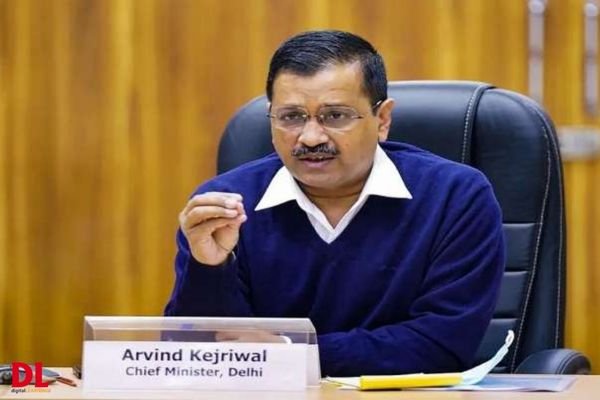The Enforcement Directorate (ED) has once again summoned Arvind Kejriwal, the Chief Minister of Delhi and the leader of the Aam Aadmi Party (AAP), over allegations of irregularities related to the excise policy that was subsequently scrapped. This marks the sixth summons issued to Kejriwal in connection with the case, with the Delhi CM having missed all previous summonses. Kejriwal has contended that these summonses are part of a strategy by the BJP-led Union government to target him ahead of the Lok Sabha elections scheduled for 2024.
The latest summons from the ED comes after the agency approached Delhi’s Rouse Avenue Court regarding Kejriwal’s failure to respond to the five previous summonses in the excise policy case. The ED argued that the actions of a high-ranking public functionary like Kejriwal breaking the law set a wrong example for the common man, particularly given that the AAP’s slogan is centered around the concept of the “Aam Aadmi” or common person.
In response to the ED’s petition, the court directed Arvind Kejriwal to appear before it on February 17 to address the charges. The judge, after examining the complaint and the evidence presented, found sufficient grounds to proceed against Kejriwal under Section 174 of the Indian Penal Code (IPC). This section pertains to the non-attendance in obedience to an order from a public servant.
The case revolves around the Delhi Excise Policy, which aimed to revamp the alcohol industry in the national capital by shifting from a sales volume-based system to one driven by trader’s license fees. Additionally, the policy introduced discounts and promotions on liquor purchases, a departure from the traditional approach in the city.
However, central investigative agencies such as the Central Bureau of Investigation (CBI) and the Enforcement Directorate (ED) raised concerns about the excise policy, alleging gross irregularities and suggesting that AAP leaders had received monetary kickbacks for its implementation.
Two prominent AAP leaders, Manish Sisodia and Sanjay Singh, have already faced legal consequences in connection with the case. Sisodia, the former Deputy Chief Minister of Delhi, was arrested by the CBI on February 26, while Singh, a member of the Rajya Sabha, was taken into custody by the ED on October 5.
The developments surrounding the Delhi Excise Policy case have fueled political tensions and raised questions about governance and accountability. The ongoing legal proceedings have implications not only for the individuals directly involved but also for the broader political landscape in Delhi and beyond.
For Arvind Kejriwal, the repeated summons from the ED pose a significant challenge, both legally and politically. As the Chief Minister of Delhi and a prominent figure in Indian politics, his actions and responses to these allegations will be closely scrutinized by supporters, opponents, and the public at large.
Kejriwal’s narrative that these summonses are politically motivated adds another layer of complexity to the situation. While his detractors may view this as an attempt to evade accountability, his supporters are likely to see it as a continuation of the alleged targeting of AAP leaders by the central government.
The outcome of the case will have far-reaching implications for Kejriwal’s political future and the AAP’s prospects in Delhi and beyond. A favorable resolution could bolster his credibility and strengthen the party’s position ahead of the upcoming elections. Conversely, adverse findings could tarnish his reputation and dent the AAP’s electoral prospects.
In the broader context of Indian politics, the Delhi Excise Policy case underscores the challenges of governance and the complexities of navigating the legal system. It also highlights the importance of transparency, accountability, and adherence to the rule of law in maintaining public trust and confidence in democratic institutions.
As the legal proceedings unfold, all eyes will be on Arvind Kejriwal and the AAP leadership to see how they respond to the allegations and navigate the challenges posed by the case. The outcome will not only shape their political fortunes but also have implications for the larger discourse on governance and accountability in India.













